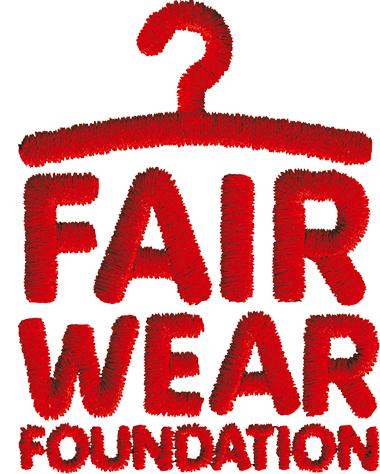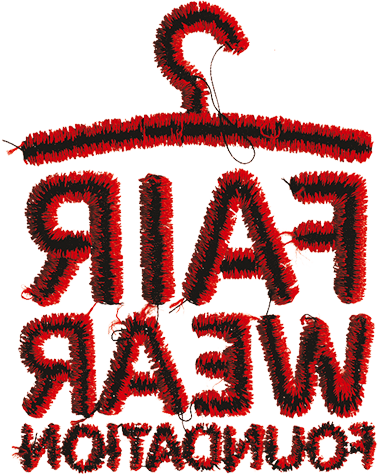Sanqvist has shown progress and met most of FWFs’ performance requirements. The brand monitored 96% of its production volume in 2018, which is well above the 80% requirement for the third year of membership. Sandqvist’s benchmarking score is 73, placing the member in the Good category.
The brand has a small number of suppliers and only sources in India and Vietnam. Over the last two years, the brand has grown and expanded its product base. At the same time, the brand also increased its CSR and quality requirements. This meant that the brand had to stop working with two suppliers in India. In India, the brand is aware of the risks of young workers being employed in mills. The brand has visited its spinning mills in the last year and also moved production to mills where workers come from nearby residential areas, lowering the risk of young workers being employed through the Sumangali scheme. Aside from that, for its CMT factories in Kolkata the brand has engaged the supplier in addressing the culture of employing ‘contract’ workers.
In Vietnam, to mitigate risks, the brand sources from suppliers that work with big brands (who are members of FLA, BSCI etc.) and other FWF members. The brand has not yet been able to receive a commitment from suppliers to work on complex issues pertaining to overtime, worker representation and Living wage.
Audits in 2016 indicated issues related to minimum wage at a supplier in India. The brand completed a root cause analysis of this issue – linked to ‘dearness allowance’ – and has offered to contribute an additional amount. This is to ensure that a standard higher than prescribed ‘dearness allowance’ is always paid and so fluctuations do not lead to a situation where the allowance paid is lower than legally mandated.
For the Indian suppliers where the brand has good leverage, the brand is aware of the Labour Minute Values and Labour Costs for every style. Two suppliers also did an analysis to estimate a target living wage based on interaction with workers, food basket values and inflation. The brand also analysed the Anker estimates. The brand is yet to define and agree on a target wage and increase wages at the suppliers. As a next step, FWF encourages Sandqvist to engage in discussions with suppliers in India about different strategies to work towards higher wages. FWF also encourages the brand to involve worker representatives when defining a target wage and approach to ‘getting the money to workers’. FWF recommends that Sandqvist expand its knowledge of cost breakdowns to suppliers in Vietnam and work closely with them to persuade them to work on issues pertaining to overtime, worker representation and Living Wage.
Download






